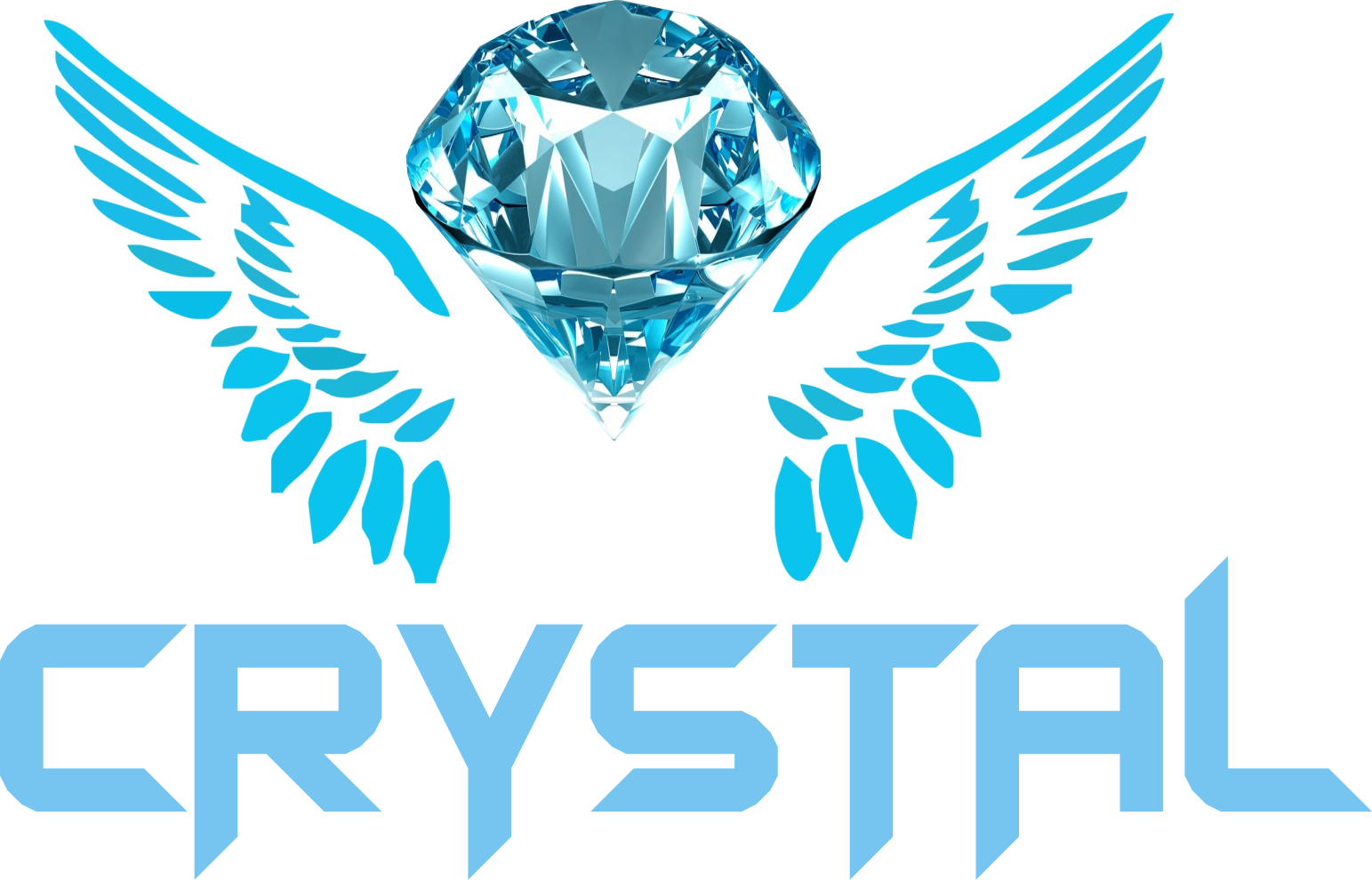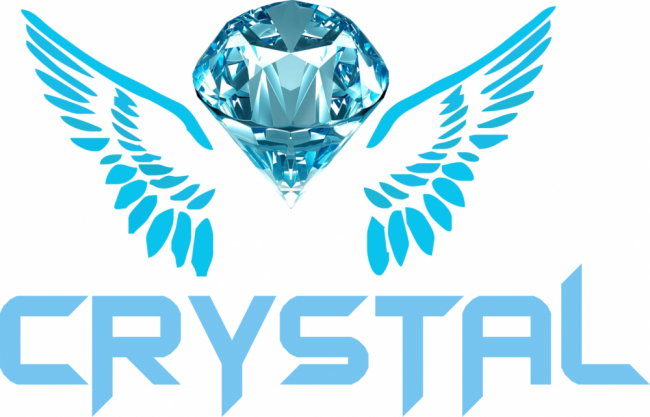There is a general saying that the take-home pay of most Nigerian workers can’t ‘take them home’, hence, most of them usually look for extra means of sourcing money to meet their financial demands.
This probably has led to the high growth rate of loan application sites but many have been discovered to only promise and not deliver.
Others that actually give funds to their clients have become loan sharks, adopting unconventional means of going after their clients who may default as there is usually no collateral involved.
But amidst all these, There are some banks that offer loan services approved by the Central Bank of Nigeria (CBN) from which workers particularly monthly salary earners can obtain ‘payday’ loans.
Payday loan is a type of short-term borrowing where a lender will extend high-interest credit to customers based on your income (but some banks offer to both salary earners and non-salary earners).
According to the CBN, “you don’t need to know anybody, just go into the portal, fill the form, send your data. If your data is correct you would be able to access loans” based on stipulated terms and conditions.
Below are some payday loan services rendered by banks which Nigerians who need quick cash to meet their expenses can explore.
GTBank Quick Credit
Whether you are a salary earner or self-employed, you can get cash from GT Bank quick credit instantly, and pay back over 6 – 12 months. Quick Credit gives you funds up to N5million at an interest rate of 1.5% monthly, without collateral and there are no hidden charges involved.
You can request for QuickCredit instantly by dialing *737*51*51# or visiting their site online as well as through the bank’s app.
The minimum amount is N10,000 and the maximum N5million for salary earners and N500,000 for non-salary earners.
Access Bank Payday Loan
You can make use of Access Bank PayDay Loan by dialing *901*11*1# or via Internet Banking, WhatsApp Banking, Access Mobile App and QuickBucks App.
It offers an instant loan product for customers (both salary and non-salary earners). With Payday Loan, you can borrow money at low interest rate with no documentation or collateral needed.
It has up to thirty-one (31) days tenor.
The interest rate for Access Bank PayDay Loan is 5%. Other charges include a 1% management fee, and 0.3% credit life insurance, which are taken upfront.
First Bank Personal Loan Against Salary Service
Applicants must have a salary account with First bank to enjoy this service.
The highest amount a consumer can borrow is N500,000, which is limited to 50% of their net monthly wage.
This product can be accessed through FirstBank’s digital channels: FirstMobile App (FirstBank’s Mobile Banking App) and USSD by dialling *894*11#.
The customer must pay all charges upfront upon loan disbursement, which includes a 2.5% interest rate and a 1% management fee, while the loan amount is repaid within the next 30 days or upon receipt of paycheck inflow (whichever comes first).
First Bank’s First Advance
FirstAdvance is a 30days tenured digital loan solution that offers convenient and easy access to cash for customers awaiting payment of their salaries.
The product is designed for salary earners whose accounts are domiciled with First Bank and have received regular salaries in the last two months or more.
The maximum amount to be accessed by the customer is N500,000 subject to 50 percent of net monthly salary.
This product can be accessed through FirstBank’s digital channels: FirstMobile App (FirstBank’s Mobile Banking App) and USSD by dialing *894*11#.
There are no hidden fees associated with accessing FirstAdvance as customers only will have to pay all charges upfront upon loan disbursement which includes interest rate of 2.5%, one percent management fee while loan amount is repaid within the next 30days or upon receipt of salary inflow (whichever comes first).
UBA Click Credit
UBA offers salary earners a loan of up to 1 Million Naira at an interest rate of 30% annually (2.5% monthly) and payback easily over 12 months with no hidden charges through its click credit scheme.
A UBA account with a regular inflow of at least N25,000 monthly is required to access the loan.
There is no need for any paper works as the bank’s USSD code or its internet banking services can be used to apply.
Zenith Bank Term Loan
Customers who have a salary account with Zenith bank can access up to 60% of their monthly salaries, at a monthly interest rate of 2.16% through this service.
Borrowers also pay a one-percentage-point management charge.
The following are requirements to access this loan service: account opening form, one passport photograph of authorized signatory, a letter of introduction from your employer on the company’s letterhead, and a Staff identity card.
FCMB Fast Cash
FCMB FastCash is a paperless credit facility with no collateral required. It is an instant loan, and you can apply via the mobile app or USSD code *329*11#
Customers can get up to N200,000 at an interest rate of 8% monthly, plus a management fee of 1 percent which would be paid upfront as soon as the loan is being disbursed.
Non-salaried application is 15% upfront charge.
Other conditions are 30 days tenors for new customers, and up to 90 days clean up cycle for returning customers.


 Trending News4 years ago
Trending News4 years ago
 Others3 years ago
Others3 years ago
 Others5 years ago
Others5 years ago
 Humanity3 years ago
Humanity3 years ago
 Business7 months ago
Business7 months ago
 Business2 months ago
Business2 months ago
















